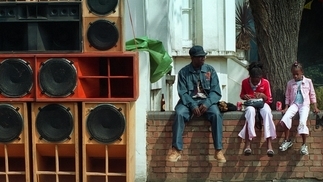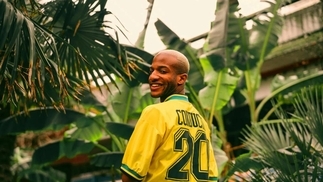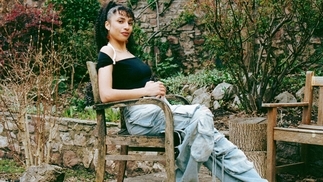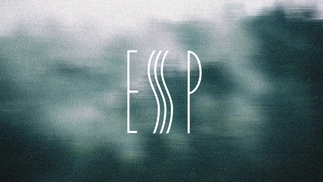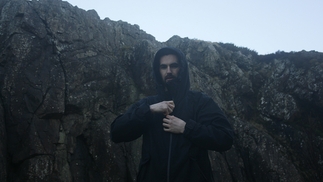The Sound Of: WNCL
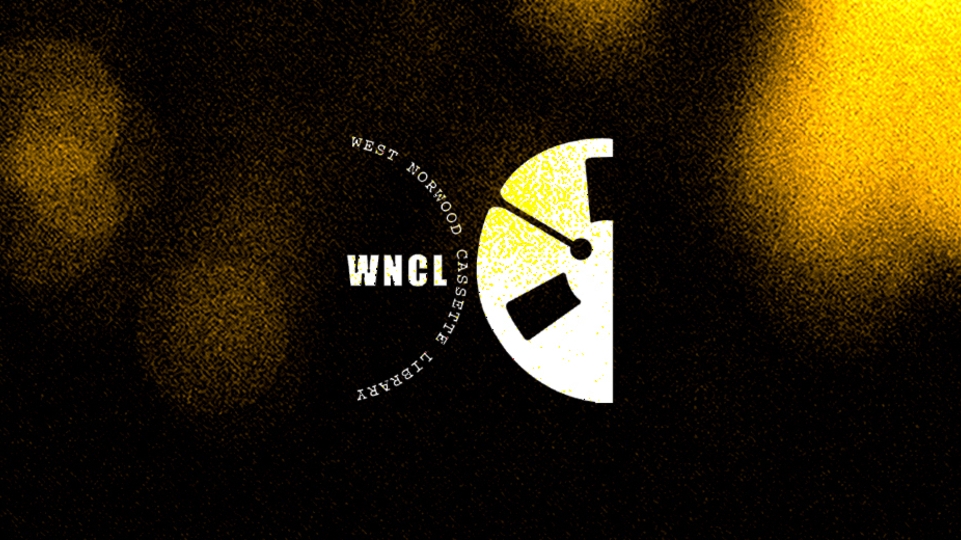
Named after its founder, West Norwood Cassette Library, WNCL has spent the past decade delivering a steady stream of club weapons without getting pigeonholed or bowing to trends. For this month’s The Sound Of, Ben Murphy delves into the collection with boss, Bob Bhamra, who records a mix of cuts from the label’s catalogue
When asked to sum up the essence of his WNCL label, Bob Bhamra keeps it simple: “I like it raw.” From his base in West Norwood, South London, Bhamra has supplied DJs and dancers with deadly and unorthodox club tracks for just over 10 years. WNCL has become a launching pad for imaginative new producers, coaxed fresh material from well- established greats, and consolidated its position as one of London’s go-to imprints, favouring energy and dancefloor potency over genres, fads or fly-by- night trends. From Kevin McPhee’s swung leftfield techno to J.Tijn’s metallic overdriven grooves, the bleepy garage of Boxwork to LMajor’s devastating 140bpm jungle, not to mention Bhamra’s own material as West Norwood Cassette Library, there’s a through line to WNCL’s releases influenced by decades of bass-heavy UK dance.
Growing up in a household full of records, Bhamra’s three older sisters guided his early appreciation for music. Kraftwerk’s ‘The Model’ and New Order’s ‘Confusion’ attuned his ear to electronic sounds, before he started getting into hip-hop and electro, and began to buy his own wax.
“By the time the house music explosion hit the UK, I already had the bug for buying records, but it was expensive trying to keep up — all the best tracks were usually imports,” Bhamra says. “Once you amass a bit of a collection, I suppose it’s inevitable that buying decks is the logical conclusion, although I took my time getting there. Even though the records were designed to be mixed, I was quite happy for years just listening to them from end to end!”
WNCL, an acronym of his own artist name, was initially to be an outlet for Bhamra’s productions, though quickly snowballed into an imprint putting out like-minded artists. Chicago house, hardcore and jungle were all early inspirations for Bhamra, but it was another more recent UK innovation that encouraged him to start WNCL in 2010. At a time when dubstep was rapidly cross-pollinating with other forms and mutating into various exciting hybrids, he felt compelled to release music of a similar tempo.
“Even though 2010 was a bit late in the dubstep timeline, I kicked the label off with tracks in the 140bpm template as a nod to the genre,” he says. “The clubs, the music and the people I met through dubstep inspired me to get back into making tracks, dusting off the decks, starting a podcast, writing a blog and eventually, launching the label.”
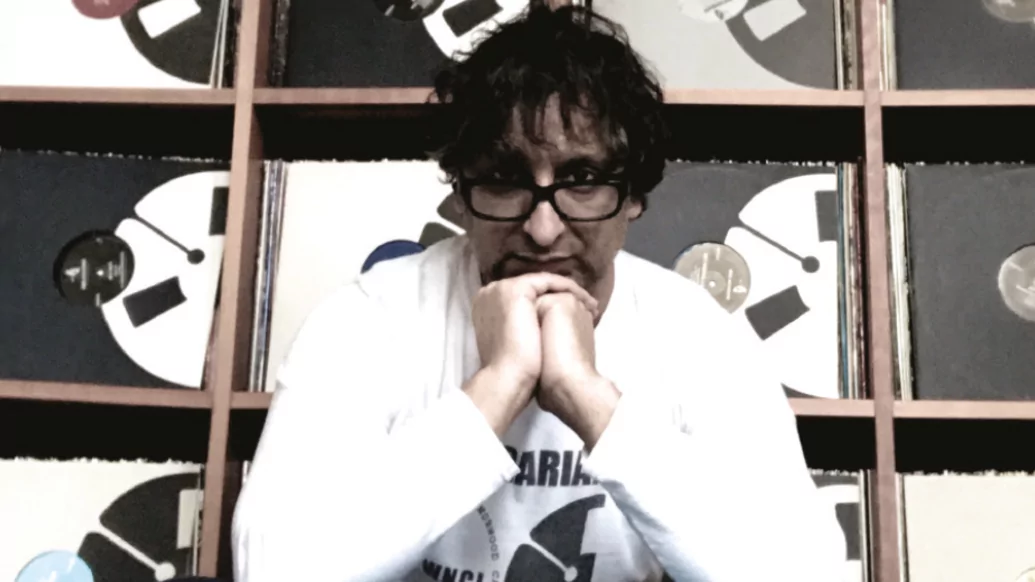
Since that time, the label has evolved through the meditative polyrhythms of West Norwood Cassette Library’s ‘Mrs Fingers’, through Essex folktronic legends Ultramarine’s metamorphic 303 piece ‘Acid’, through the cranked-up garage skip of Spatial’s ‘Set Apart’, and the clipped breakbeat of Don Froth’s ‘Cosmo’. There have been experimental diversions along the way, such as the radiophonic beats and antique electronics of Ekoplekz’s ‘Rock La Bibliotek’ EP, but mostly, the focus has remained laser-guided to the dance.
In 2018, Bhamra launched the Library Tool Kit sub-label. A series of highly collectable 10-inches, each release comprises multiple two-minute tracks from a single producer. Ostensibly a catalogue of brief beat tools for DJs to add flavour to their sets, the Tool Kit records have also provided a way for artists to explore shorter form pieces, with everything from Jesse Kuyé’s drum-free ambient excursions to Denham Audio’s crunchy breaks-driven jams getting a look in.
“There seemed to be a glut of labels announcing sub-labels when they were only one or two releases deep, and I didn’t want to get into that,” Bhamra says. “Before launching the Tool Kit series, producer C.E.O was on a roll and sending me what felt like hundreds of tracks that were all really good, all completely mad, and all worthy of release — a 12” EP wouldn’t have been enough to accommodate a fraction of them.
Over the course of around two years, he started editing them down to two minutes so that we could fit 12 tracks onto a 10” and, hey presto, the Tool Kit was born. So far, each release has been quite different to each other — some are absolutely functional DJ tools, others are a little more tongue-in-cheek. It’s a nice mini-album format for a producer to cram a lot of ideas into one place.”
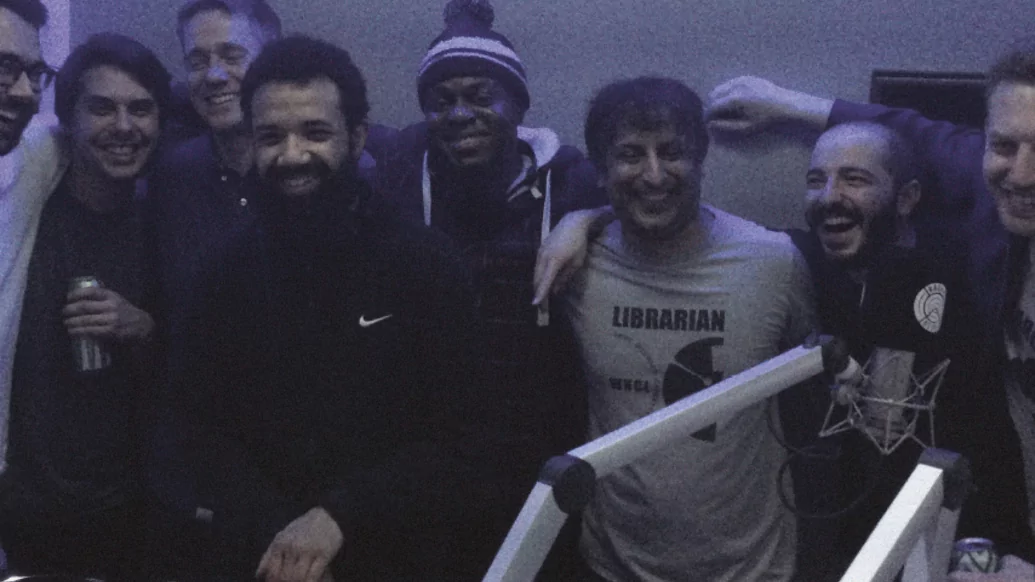
Toasting a decade in operation in 2020, Bhamra had plenty to celebrate, despite the accursed year we had. “I was surprised to reach WNCL002, let alone to still be releasing records on the label after 10 years. It does feel good to have that milestone under my belt, but I don’t see the label’s status as having changed too much during that time.”
An all-day party with many of WNCL’s artists on the decks had to be cancelled, but he found a method of marking the occasion nonetheless. “Instead, I asked everyone to nominate their favourite WNCL release and give a shout-out for a 10th anniversary radio show on Balamii, which was a very touching moment for me.” Over the years Bhamra, like many independent label owners, has had to balance family life and a full- time job with putting out records. Though the label logistics and admin can be a pain, connecting with other artists is one of the reasons he loves running WNCL. “Dealing with producers and their music is never particularly challenging, because they are the whole reason for doing the label,” he says.
Recent tracks on WNCL from LMajor, Denham Audio and newcomer Stavrogin have marked the junglist direction that has lit up the dance underground in recent years, but for Bhamra, this is just a continuation of something he’s appreciated and released since the beginning. “I go to lengths to avoid getting lumped in with any scene or chasing anyone’s coat-tails but, true enough, the breaks are in the air (again) and it’s impossible to resist when you have producers of that calibre sending you amazing music,” he says. “I still maintain that the label’s output has had a healthy interest in everything from the off, so the jungle or breakbeat influence didn’t need tapping into. It was always there.”
Coming up on the label is a triple whammy of releases that will ensure WNCL starts its new decade strongly. Mani Festo’s tearing ‘Disengage’ EP, Bhamra’s own hardcore- influenced track ‘Out Of My Head’, and a Tool Kit 10” from drum & bass hero Justice, ‘A Two Minute Experience’, will be out simultaneously. Securing the latter was a particular boon for long-time fan Bhamra.
“I’ve been buying his records since I can remember so, of course, it was a bit of a pinch- myself moment,” he says. “It was also a slightly petrifying prospect having to tell a producer of that stature that some of the tracks weren’t the right fit for the project. One has to make sure one’s ‘fussy bastard’ hat is firmly on at those times, but Tony [Justice] has been around the block enough to appreciate the dilemma. Above all, it was a really fun experience — the essential element to any WNCL release.” Looking ahead, Bhamra is stoked for the fifth edition in his ‘We Are Family’ compilation series, plus preparing some two-tracker 10” battle-weapon singles from seasoned label artists. “And, of course, we’re all dying to see each other again,” he concludes, “preferably behind the decks or on the dancefloor in a club. Fingers crossed!”
Tracklist:
2010 . WNCL001 . WEST NORWOOD CASSETTE LIBRARY . What It Is
2010 . WNCL002 . DJ C . Jump Up and Bounce
2010 . WNCL003 . WEST NORWOOD CASSETTE LIBRARY . Mrs Fingers
2011 . WNCL004 . KNOWING LOOKS . Abandoned Skip
2011 . WNCL005 . MILYOO . Biogram v2
2011 . WNCL006 . WEST NORWOOD CASSETTE LIBRARY . Get Lifted
2011 . WNCL007 . DON FROTH . Balboa
2011 . WNCL008 . ULTRAMARINE . Acid
2011 . WNCL009 . KNOWING LOOKS . Listen to My 45
2012 . WNCL010 . WEST NORWOOD CASSETTE LIBRARY . Coming On Strong
2012 . WNCL011 . DON FROTH . Liftin’ Weights
2012 . WNCL012 . KEVIN McPHEE . In Circles
2013 . WNCL013 . BOBBY CHAMPS . Krenshaw
2013 . WNCL014 . SPATIAL . Right Now
2013 . WNCL015 . KAMIKAZE SPACE PROGRAMME . Leyland DAF 45
2013 . WNCL016 . J.TIJN . Flat
2013 . WNCL017 . PLASTIC SOUL . I Got It
2014 . WNCL018 . GIRLS OF THE INTERNET . Prostate Exam
2014 . WNCL019 . WEST NORWOOD CASSETTE LIBRARY . Missing You
2014 . WNCL020 . J.TIJN . Flat (West Norwood Cassette Library Remix)
2014 . WNCL021 . EKOPLEKZ . Sarkaztik
2014 . WNCL022 . C.E.O . Screeching
2014 . WNCL023 . DON FROTH . Cosmo
2015 . WNCL024 . KEVIN McPHEE . TW
2015 . WNCL025 . WEST NORWOOD CASSETTE LIBRARY . Blonde on Blonde (VIP)
2015 . WNCL026 . J.TIJN . HEHF
2016 . WNCL027 . JAMES DUNCAN . Kingston-Throop Stop
2016 . WNCL028 . BOXWORK . Ghosts
2016 . WNCL029 . DON FROTH . HR22
2017 . WNCL030 . BOXWORK . Pepper Stalk
2017 . WNCL031 . CALDERA . Weirdpeoplescavedance
2017 . WNCL032 . TÉNÈBRE . Jungle Frontier
2018 . WNCL033 . LMAJOR . Danger
2018 . WNCL034 . LMAJOR . The Power
2019 . WNCL035 . LMAJOR . The Future
2019 . WNCL036 . STAVROGIN . Echo Ins
2019 . WNCL037 . TÉNÈBRE . Brute
2021 . WNCL038 . WEST NORWOOD CASSETTE LIBRARY . Out Of My Head
2021 . WNCL039 . MANI FESTO . Neutronics
2021 . WNCL040 . TÉNÈBRE . Response
LIBRARY TOOL KIT BONUS
2018 . WNCL-TK001 . C.E.O . MFE001
2018 . WNCL-TK002 . JANE IN PALMA . Chet 1
2018 . WNCL-TK003 . EKOPLEKZ . Telemetry
2019 . WNCL-TK004 . JESSE KUYÉ . Roast
2019 . WNCL-TK005 . DENHAM AUDIO . 140 Ruffness
2021 . WNCL-TK006 . JUSTICE . A Two Minute Experience
